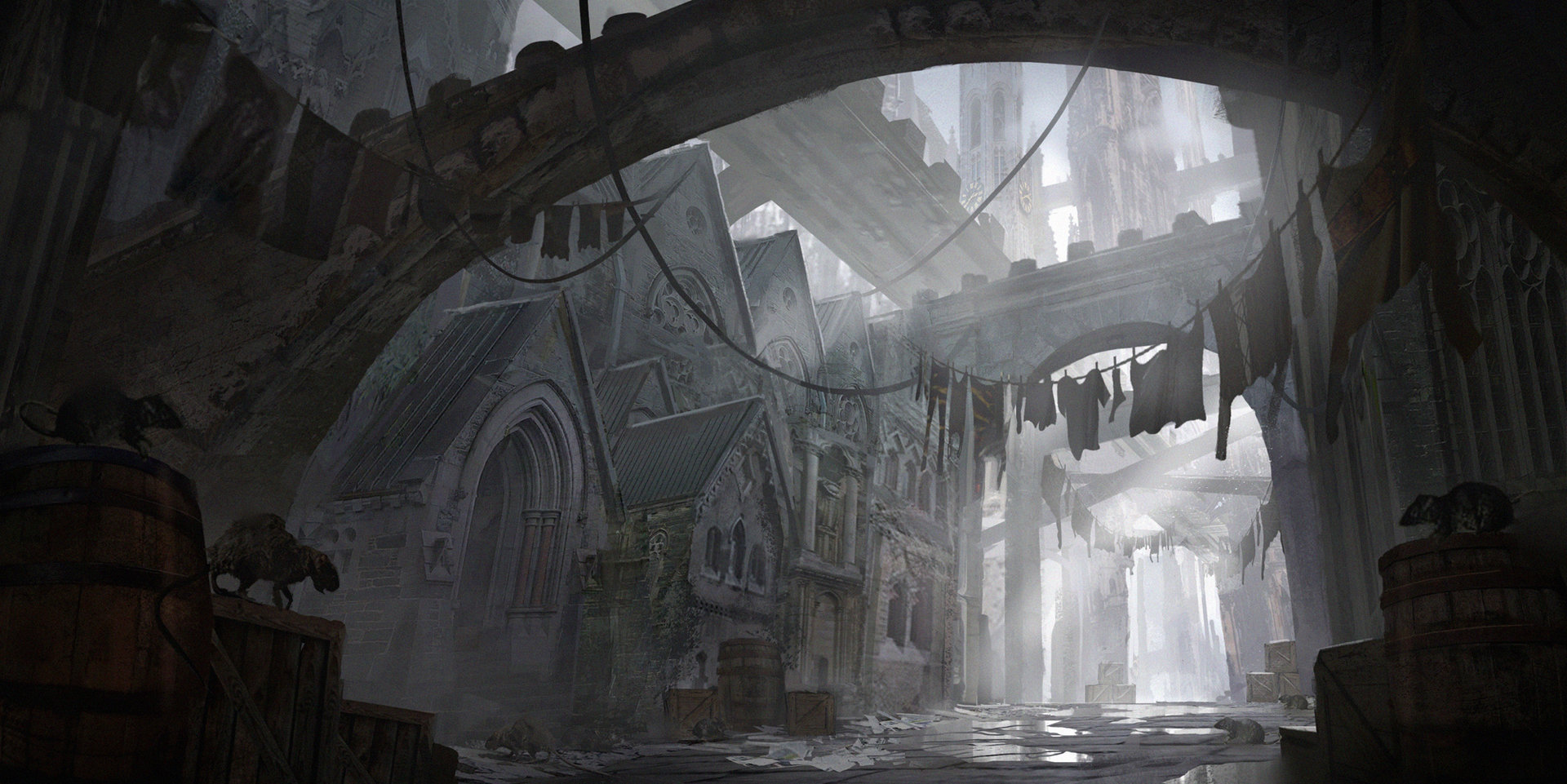Elves or The People
The elves (they call themselves the People) have been a race in decline since the end of their war with Quarmall which destroyed much forest and many lives. The elves are a cold people. They despise the barbarous humans as little more than beast-men. The elves were ruled by Tunis the Grey until he was killed in the end of the great war. Then his son Sinut organized them to relocate to the forest near eastern Nehwon. Where they have been forced to interact with humans to a certain extent.
The Forest of Sibilan covers a large area of the eastern Lankhmar Continent. It is the second largest forest in Nehwon. Within the forest are several areas and factions. The northern forest was until recently the domain of the elves. The Throat is the narrow section of the Lankhmar continent between the Mountains of Hunger and the sea, south of Moorsh. The Druids live there. Near Lorn Velpa is the Tapios, who are the defenders of nature, home to both the Tapios and the elves. Tapios are the middle men between Human and Elf.
This detached view of the world could make high elves seem distant and intimidating, not to mention haughty and arrogant. Furthermore, the powerful fey nature of high elves might frighten less magically talented races.
The sun elves, also sometimes known as gold elves, sometimes as high elves due to their stereotypically elitist ways. But don't ever say that to a Sun Elf, you may have a huge fight on your hands.
Of all the elven races, moon elves were the most impulsive, with a strong distaste for complacency or isolation. Moon elves longed to be on the road, traveling and exploring the untamed wilderness that lay between cities and nations. This extroverted quality was part of the reason why moon elves got along uncommonly well with other races.
Naming Traditions
Feminine names
Female Adult Names: Adrie, Althaea, Anastrianna, Andraste, Antinua, Bethrynna, Birel, Caelynn, Drusilia, Enna, Felosial, Ielenia, Jelenneth, Keyleth, Leshanna, Lia, Meriele, Mialee, Naivara, Quelenna, Quillathe, Sariel, Shanairra, Shava, Silaqui, Theirastra, Thia, Vadania, Valanthe, Xanaphia
Masculine names
Male Adult Names: Adran, Aelar, Aramil, Arannis, Aust, Beiro, Berrian, Carric, Enialis, Erdan, Erevan, Galinndan, Hadarai, Heian, Himo, Immeral, Ivellios, Laucian, Mindartis, Paelias, Peren, Quarion, Riardon, Rolen, Soveliss, Thamior, Tharivol, Theren, Varis
Family names
Family Names (Common Translations): Amakiir (Gemflower), Amastacia (Starflower), Galanodel (Moonwhisper), Holimion (Diamonddew), Ilphelkiir (Gemblossom), Liadon (Silverfrond), Meliamne (Oakenheel), Naïlo (Nightbreeze), Siannodel (Moonbrook), Xiloscient (Goldpetal)
Culture
Shared customary codes and values
Elves can live well over 700 years, giving them a broad perspective on events that might trouble the shorter-lived races more deeply. They are more often amused than excited, and more likely to be curious than greedy. They tend to remain aloof and unfazed by petty happenstance. When pursuing a goal, however, whether adventuring on a mission or learning a new skill or art, elves can be focused and relentless. They are slow to make friends and enemies, and even slower to forget them. They reply to petty insults with disdain and to serious insults with vengeance.
Like the branches of a young tree, elves are flexible in the face of danger. They trust in diplomacy and compromise to resolve differences before they escalate to violence. They have been known to retreat from intrusions into their woodland homes, confident that they can simply wait the invaders out. But when the need arises, elves reveal a stern martial side, demonstrating skill with sword, bow, and strategy.
Coming of Age Rites
Age
Although elves reach physical maturity at about the same age as humans, the elven understanding of adulthood goes beyond physical growth to encompass worldly experience. An elf typically claims adulthood and an adult name around the age of 100 and can live to be 750 years old.
Ideals
Beauty Ideals
With their unearthly grace and fine features, elves appear hauntingly beautiful to humans and members of many other races. They are slightly shorter than humans on average, ranging from well under 5 feet tall to just over 6 feet. They are more slender than humans, weighing only 100 to 145 pounds. Males and females are about the same height, and males are only marginally heavier than females.
Major organizations
Not much is know about the Elf kingdom.
- Elf: Ability Score Increase. Your Dexterity score increases by 2.
- High Elf: Ability Score Increase. Your Intelligence score increases by 1.
- Wood Elf: Ability Score Increase. Your Wisdom score increases by 1.
- Drow: Ability Score Increase. Your Charisma score increases by 1.
Age
Related Locations



Comments